Category: Letter T
-
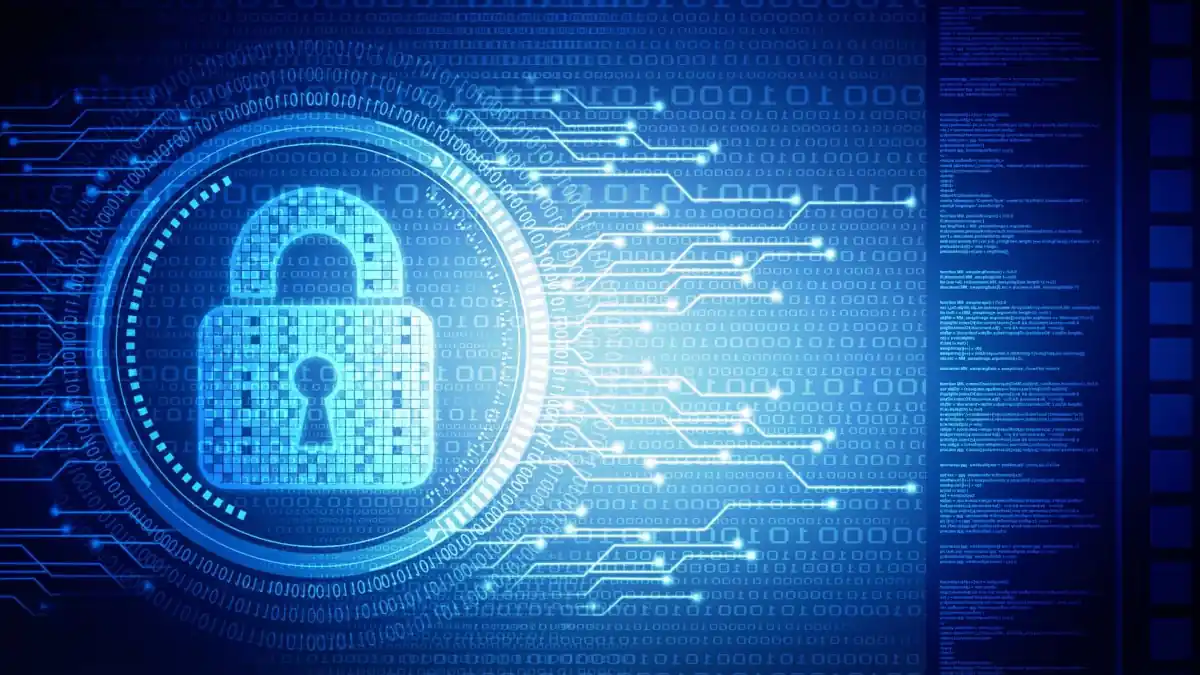
Transport Layer Security (TLS): Beyond the Basics
Unlock the secrets of Transport Layer Security (TLS) to ensure optimal data security. This comprehensive guide explores TLS protocols, encryption, myths, and more.
-
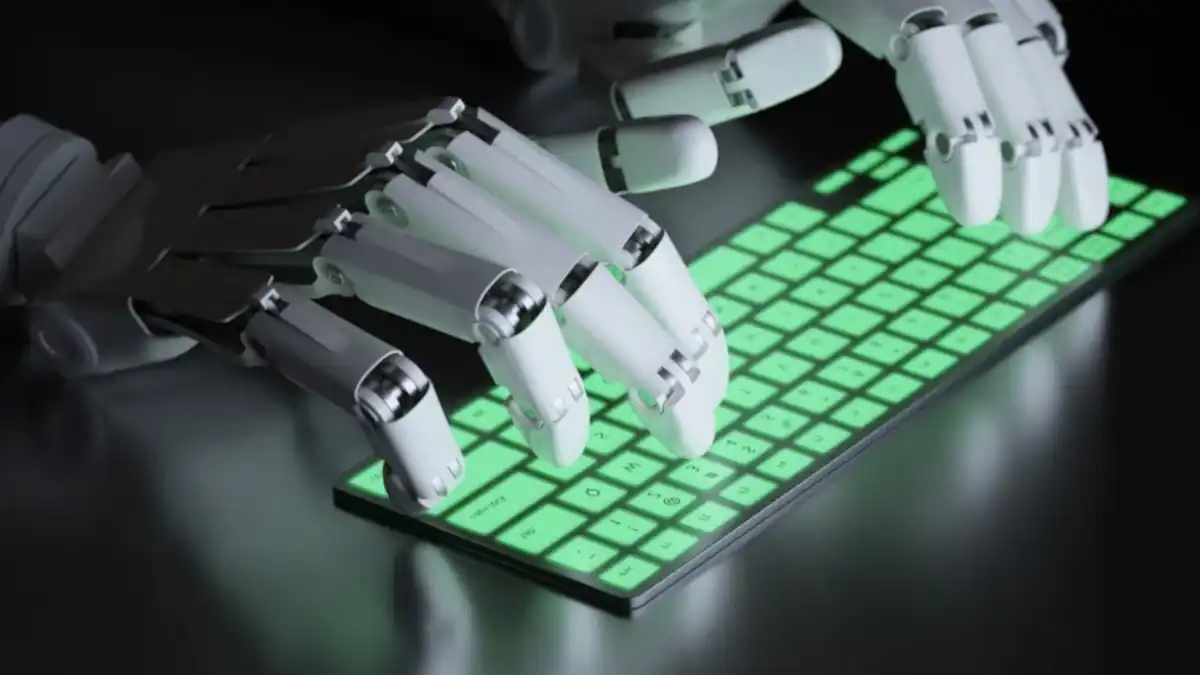
Deciphering the Turing Test: AI’s Humanity Gauge
Journey through the Turing Test’s lore—a seminal yardstick evaluating artificial intelligence’s ability to mimic human cognition.
-

Transformers in AI: Decoding the Revolution
Dive into the intricacies of Transformer architectures—understand their rise, relevance, and ripple effect in the AI realm.
-
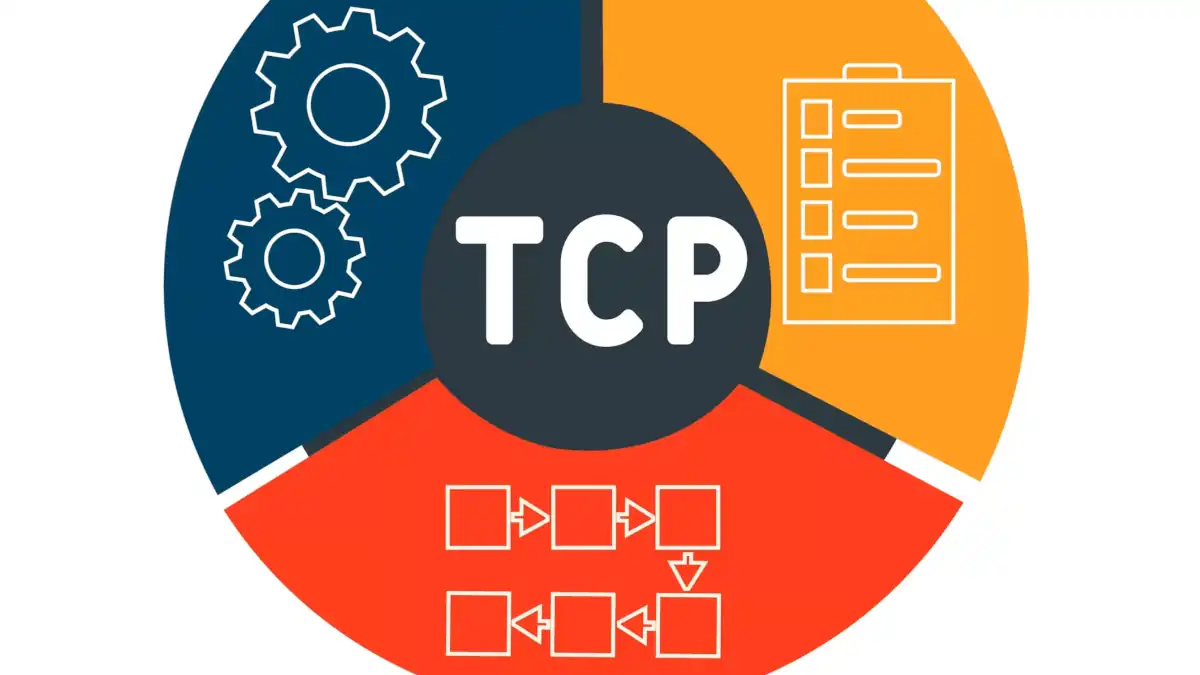
TCP Window: Optimizing Data Flow in Network Communication
In this article, we will explore the TCP Window, its significance in TCP connections, and how it contributes to achieving reliable and high-performance data transfer.
-
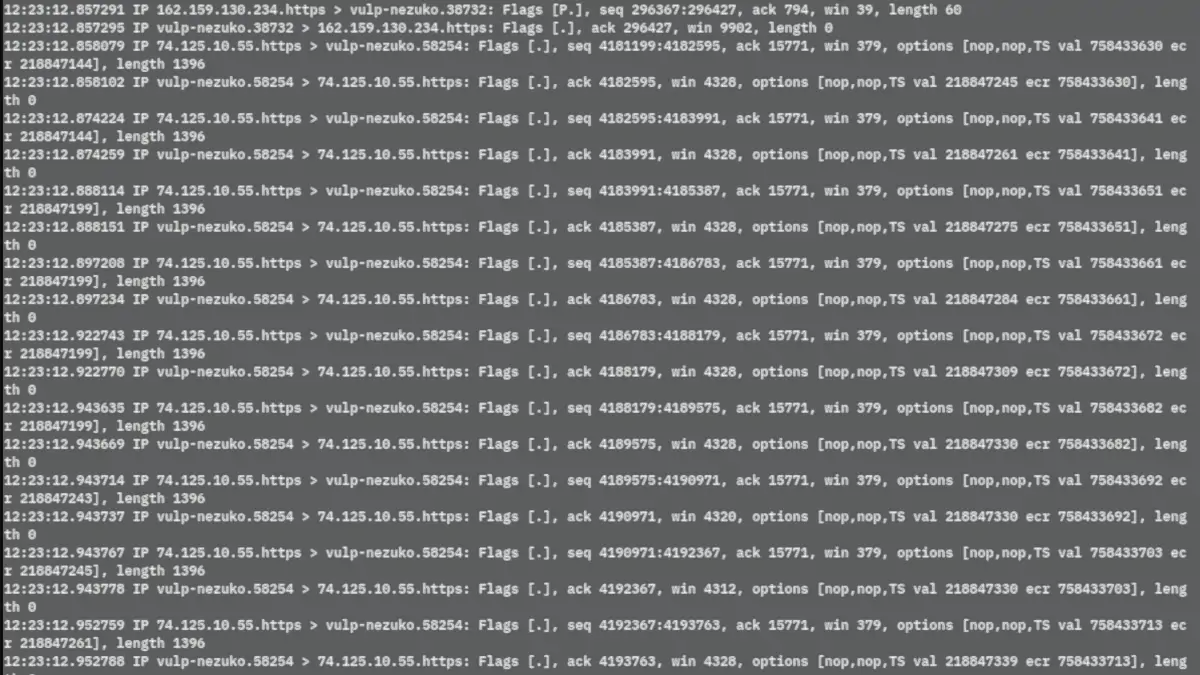
TCPdump Guide
In this article, we cover almost every aspect of the TCP packet capture and analysis tool called TCPdump. This is our TCPdump Guide.
-
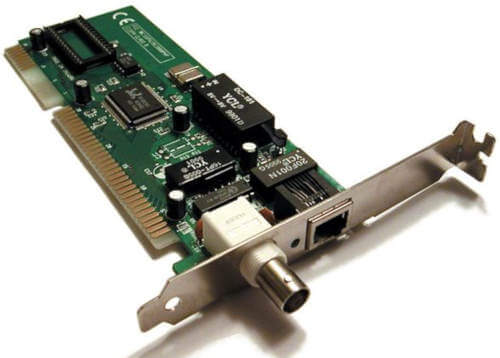
What is a Transceiver?
Learn what is a Transceiver. An electronic device for connecting a computer to a baseband transmission network so that the computer can transmit and receive signals on the network.
-

Transmission Modes in Data Transmission
Of primary concern when we are considering the transmission of data from one device to another is the wiring, and of primary concern when we are considering the wiring is the data stream. Do we send 1 bit at a time; or do we group bits into larger groups and, if so, how? The transmission…
-
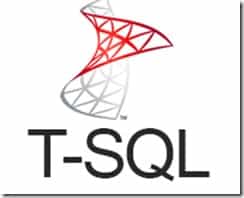
Transact-SQL (T-SQL)
T-SQL stands for Transact-SQL, which is Microsoft’s and Sybase’s proprietary extension to the SQL (Structured Query Language) used to interact with relational databases. T-SQL expands on the SQL standard to include procedural programming, local variables, various support functions for string processing, date processing, mathematics, etc., and changes to the DELETE and UPDATE statements. Index Creating…
-
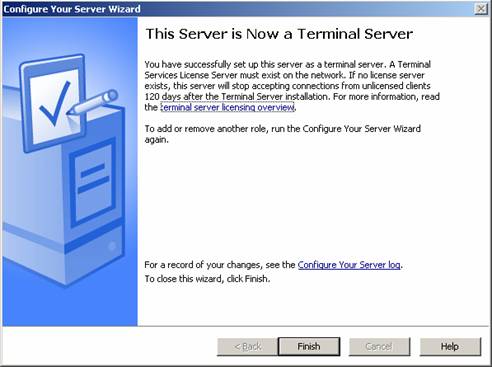
Terminal Services
Terminal Services is one of the components of Microsoft Windows that allow a user to take control of a remote computer or virtual machine over a network connection. Terminal Services reduces total cost of ownership by: Simplifying system administration by centralizing the installation and management of all applications on the server and supporting full remote…
-
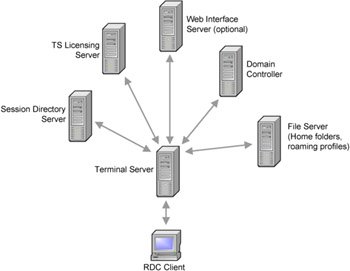
Terminal Server
Terminal Server is a server that provides the back-end support needed for terminals to function. This can be a mainframe system, a UNIX host running X Windows, or a PC-based server running software such as Microsoft Windows Server. The terminal server generates the desktop environment presented to the user on the terminal and performs all…
-
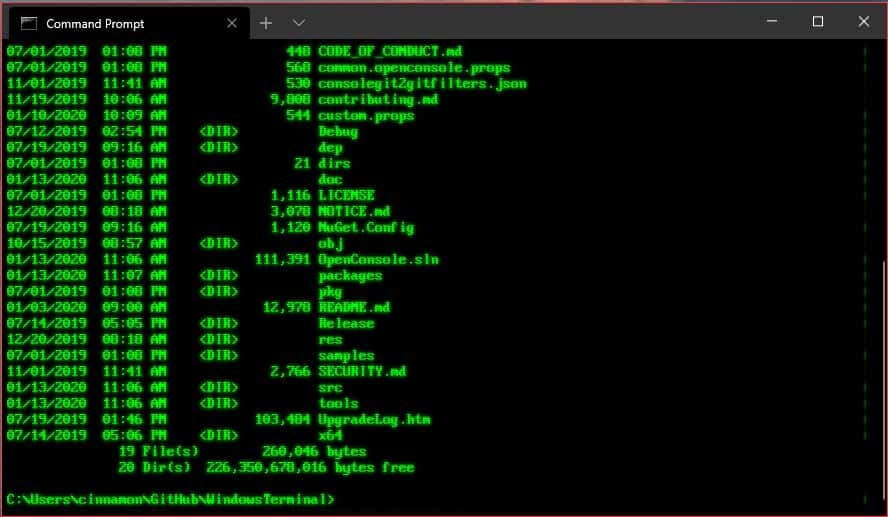
Terminal
In the context of computer networks, a terminal can refer to any device at the “end” of a network connection.
-
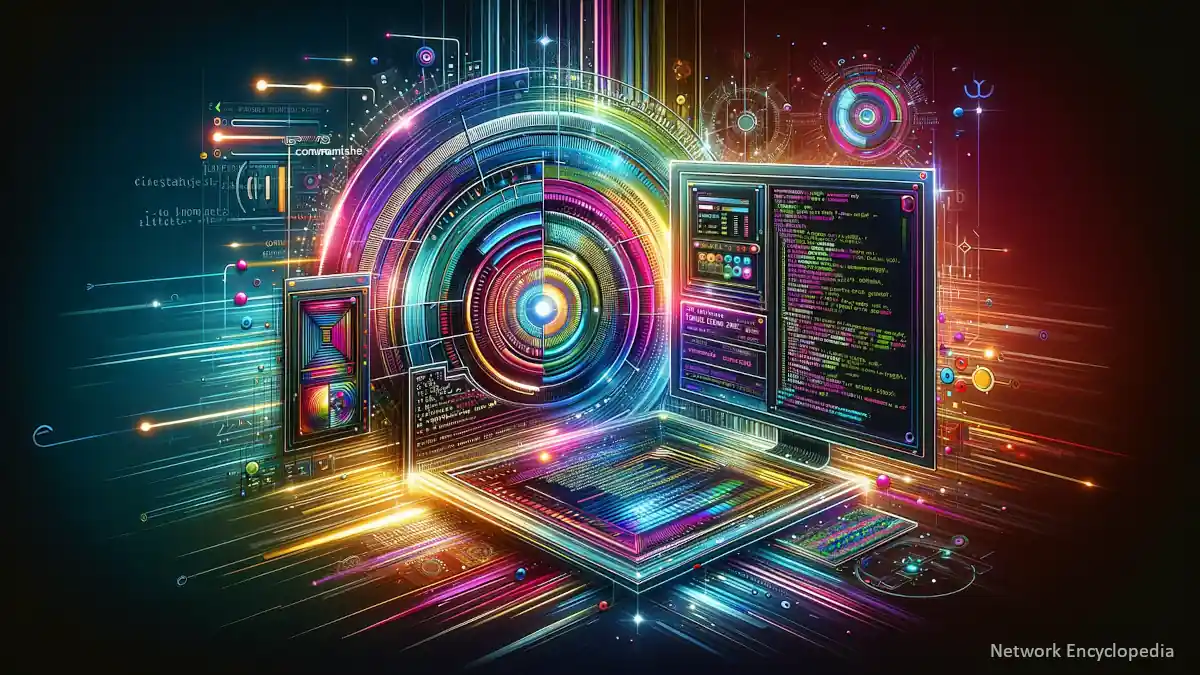
Terminal Emulator
Enter the world of terminal emulators – the bridge between the present and the era of mainframes and minicomputers.